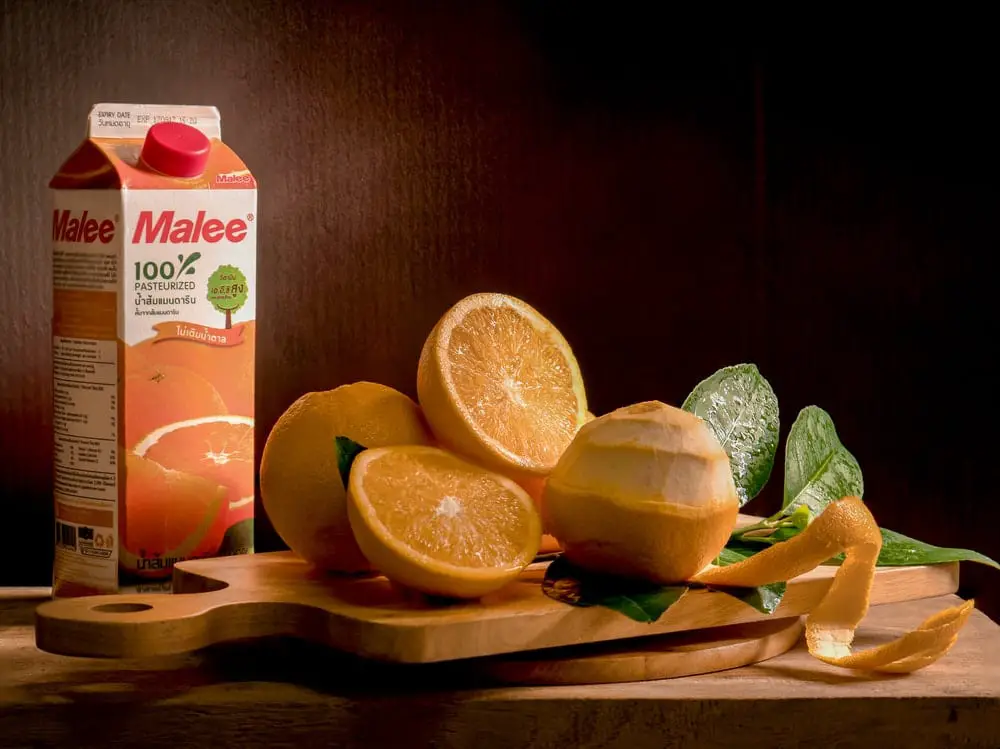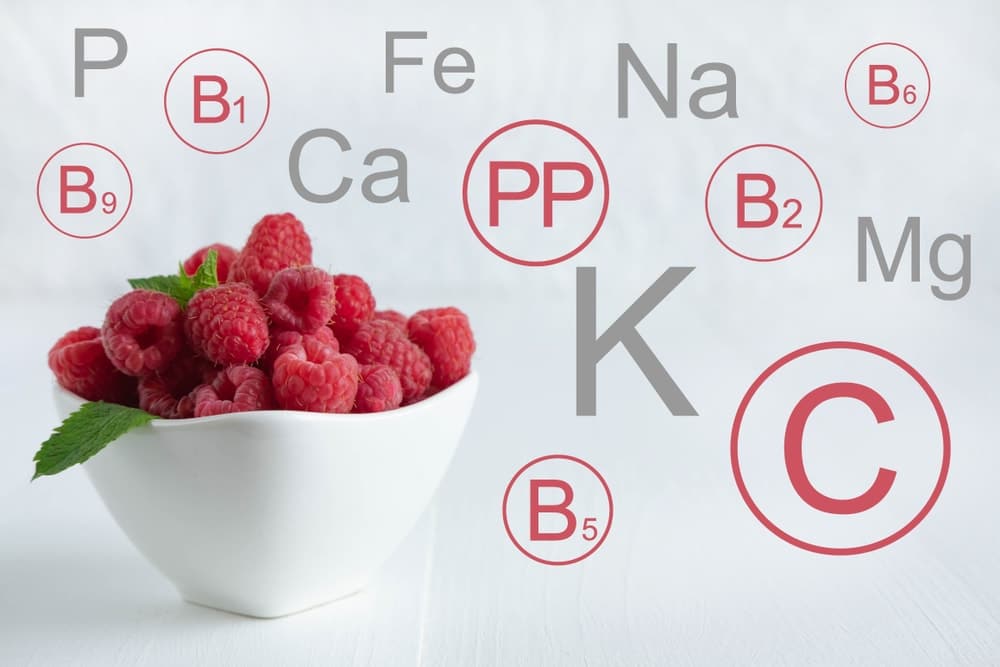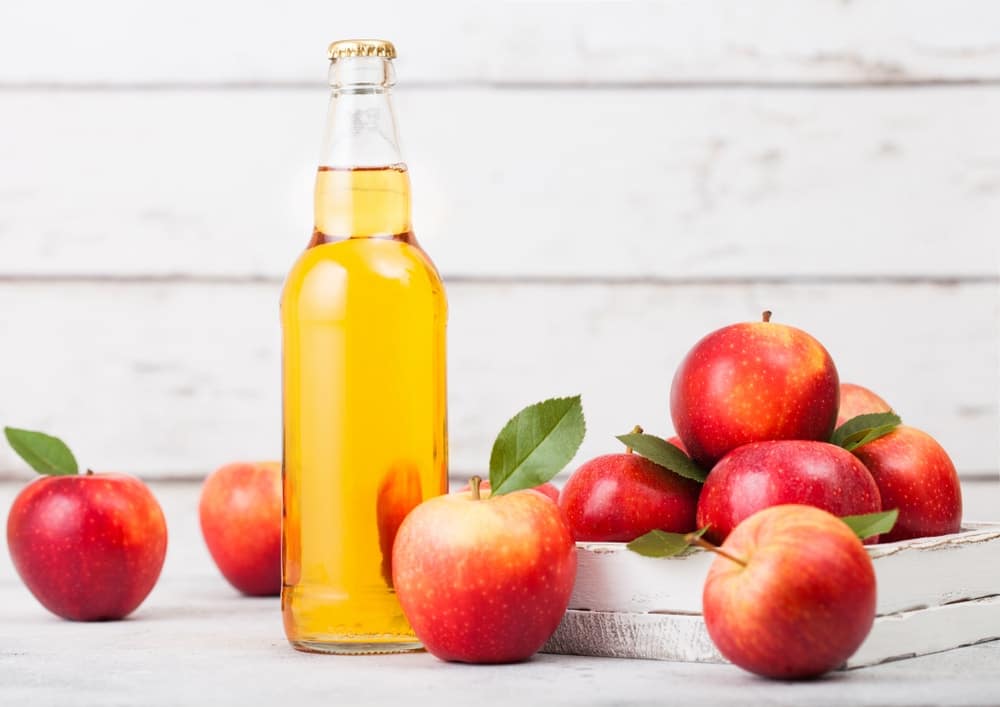This post contains affiliate links. When you buy through our links, we may earn a commission.
Is pasteurized juice good or bad for you? No, it’s not bad, but it has a few amounts of nutrients compared to unpasteurized juice. This season of the year brings with it a moment to enjoy juice, fresh apples, and cider.
It’s a moment where pasteurized and unpasteurized juice are sold in most grocery stores, roadsides stands, and farmer markets. Although the choice of which to choose is a matter of personal preference, in this article, we will rightly evaluate which is best for you.
What is pasteurized juice?

Juice may have similar appearances, but the differences that exist between pasteurized and non-pasteurized juice are notable at a glance. Pasteurized juices are heated at high temperatures; this is done to kill bacteria and other forms of microorganisms.
When you freshly squeezed vegetables and fruits into juice, there are possibilities of having microorganisms in the final product. This is one of the reasons why 70% of juices produced in the United States are pasteurized. On the other hand, few percentages are sold as unpasteurized juice, which can most times lead to bacteria build-up and illness.
Pasteurized or Unpasteurized Juice
Unpasteurized juice has led to severe outbreaks of foodborne illness. However, most unpasteurized juices come with warning information to help you decide.
The body is built with the ability to fight off most illnesses that are foodborne. Though, this depends on individuals, since some people can quickly get sick once they drink and unpasteurized juice, especially the elderly and children who have significant health issues or those with a weak Immune system.
Does Pasteurized Juice Have Nutrients

Yes, pasteurized juice have some nutrient, but not compared to the nutrient found in unpasteurized juice.
Pasteurizing juice serves as the best alternative way to kill bacteria, but the process can degrade some essential nutrients that are needed by the body. These nutrients include minerals and vitamins. Heat destabilize and degrade vitamins, like vitamin C.
Recent research was conducted by scientists using broccoli; this time, they used different heat levels through a microwave, steamer, and boiling pot. Aside from the steamer, the broccoli lost some considerable amount of nutrients.
Another research has it that processed orange juice has up to 26% less antioxidant. After been stored for about a month, the juice than contains 67% less antioxidant.
Antioxidants, similar to antibodies, are known as substations that fight radicals within the body. When radicals in the body get to a certain amount, it can lead to diseases like cancer. So antioxidants and nutrients are essential to health.
Does Pasteurized Juice Taste Different?
Although this depends on what you want, in my opinion, there are no notable differences; both the pasteurized and unpasteurized taste the same, though most people think that unpasteurized juices are made from vegetables and fruits better.
Some believe unpasteurized juice is fresher than most pasteurized and will give off funky taste. And this is due to the heat used, which tends to ruin lots of enzymes and nutrients that help to boost the flavor.
Should You Pasteurize Your Juice?
In reference to FDA, drinking pasteurized juice is a good practice. However, it is not mandatory. Lots of supermarkets and grocery stores sell fresh unpasteurized juice in as much as it comes with a warning label, and it’s refrigerated.
I don’t pasteurize my juice; I prefer to have it unpasteurized because I want all the minerals and vitamins. If you’re going to make a juice, then it best to have the following at the back of your mind:
1. Wash Your Hands
The hand is one of the means to which germs and bacteria can gain access to your products. So one of the first steps to safety juicing is to ensure your hands are kept clean.
2.Wash Your Produce
Scrubbing off vegetables and fruit is yet another sure way to ensure they are free from harmful bacteria. You can run the veggies or fruits under warm water and rub through it using your hands, or clean it using a brush. Once you’re done, ensure the product dry off completely; doing this will help to eliminate all forms of bacteria and germs.
Why Do Companies Pasteurize Juice?
Here are a couple of factors why most companies pasteurize the products:
1. Limit Their Liability
They try to limit the risk of been sued in case of a sick victim. To make profits, the company has to produce and sell juice in large quantities, which calls for mass production. Since juice are produced in large number, they include the probability of someone getting sick; to this effect, they ensure their juice is adequately pasteurized.
2. Longer Shelf Life
Pasteurized juice kill 90% of enzymes that can cause spoilage. Which means most of their products can last a bit longer. As a result, they generate more profit and less waste, although most companies use preservatives to preserve their juice.
What Is Unpasteurized Juices

Unpasteurized juices are the juice that didn’t undergo much processing or don’t contain preservatives. One major characteristic of such juice is that they are always fresh, delicious, and nutritious, with all the nutrients and enzymes needed by the body to prevent disorders and inflammation. Although, research has it that unpasteurized juice can contain harmful microorganisms like Cryptosporidium and Salmonella, E.coil parasites. If you fall within the following category, it’s best to enjoy any unpasteurized juice with caution.
- Young children
- Pregnant women
- Geriatrics
- People with a compromised immune system
Conclusion
The question here is, are pasteurized juice bad? No, it’s not. If you enjoy more pasteurization, then there are fewer chances of falling sick due to harmful bacteria. On the other hand, you might lack some essential nutrients.
One of the sure ways to get the best from your veggies and fruits is to wash it properly and eat it. Another means to enjoy your veggies and fruits is by juicing. I juice my vegetable and fruits instead of ingesting unpasteurized or pasteurized juice.
